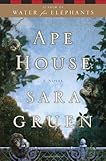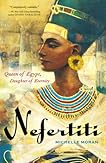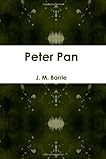Book 2, in the Sugawara Akitada series
Some sites will show this book as the 5th in the series.
The Hell Screen, set in eleventh century Japan, features government official Sugawara Akitada and occasional amateur detective. It is a solid multilayered mystery with detailed attention to Ancient Japan, a spec of humour and a tad of horror.
This entertaining and exotic novel sends Akitada to his ancestral home to be at the bedside of his bitter and dying mother and sisters troubled by personal dilemmas. On his way, he seeks shelter at temple whose great treasure is a brilliantly painted hell screen depicting the horrors of hell. That night his sleep is filled with nightmarish images and bloodcurdling screams.
When Akitada finally arrives home he learns that his night at the temple was more than a bad dream, a woman had been murdered. Personal and professional interests begin to merge and soon Akitada becomes ensnared in a tangled web of deceit while he hunts for her killer.
This is a particularly interesting and an excellent whodunit tale, a rich and intriguing combination of history and suspense. Ms. Parker is a fascinating writer an expert in weaving into her plot and sub-plots the mystery of ancient Japan and painting complex and realistic characters for our enjoyment. The plot keeps a steady pace, has all the basics needed to make it an entertaining read: lots of clues, red herrings, weird characters, good and bad guys, a persistent protagonist, emotional punch, subtle dialogue, etc. (I am a huge fan).
Reading this series in sequence is not particularly necessary the author provides enough background to situate us and tease us to read those we have skipped.



















No comments:
Post a Comment